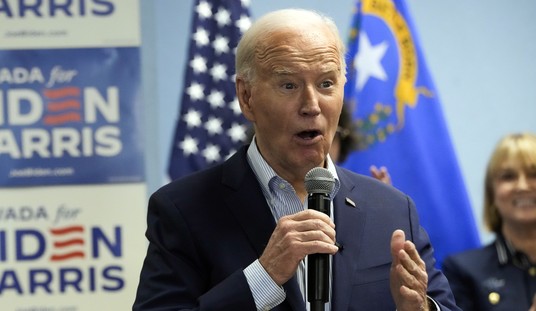Jean-Claude Trichet, the outgoing governor of the European Central Bank, just announced that the ECB will engage in purchases of euro-denominated bonds issued by Spain and Italy. This long-resisted move is intended to stem the latest flareup of the sovereign-debt heartburn that is a far greater threat to financial-market stability than the US debt downgrade. If the ECB manage to sustain this, it probably will work, for a while at least.
If you’re an investor in Italian or Spanish (or French) debt, your goals are pretty simple: you just want to enjoy the benefits of higher interest rates, while being assured by someone more credible than Spain or Italy that you’ll get your money back. Can’t blame people for wanting a free lunch, especially if Uncle Trichet is scared enough to offer it to them.
There are two enormous problems with Trichet’s announcement:
1) It represents a complete abandonment of the ECB’s iron pledges not to pull national governments out of the fire; and
2) We’re talking about far more debt than the ECB can possibly buy without creating a lot of inflation. They simply don’t have the resources to sterilize it all. And if they stop short, the move won’t have the market impact they’re looking for.
To the first point, the ECB can now forget about their pretense of being a “pure” central bank, or monetary authority concerned about nothing but preventing inflation. This kicks out one of the props supporting the euro as a credible reserve currency.
The second point puts Germany in a terrible bind. The resources needed to backstop Spain and Italy can only come from Germany, where the taxpayers have been getting restless.
What the Germans had hoped to do with the euro is to create a whole raft of captive export markets across the southern tier of Europe, so they could continue to create high-value jobs in Germany. Germans are nothing if not disciplined: for much of the past decade their economy has underperformed as they slowly built up the eurozone toward that goal.
But now they’ve come to find that the Latin economies simply aren’t productive enough to sustain the higher level of external obligations that comes automatically with higher trade deficits.
The euro was supposed to prevent deficit countries from stiffing the Germans the old-fashioned way, through currency devaluations. Instead, the Germans are finding that they now have to stiff themselves, by guaranteeing their debtors’ IOUs. To this, add the very good possibility that they’ll have to accept repayment in depreciated euros.
Still, you have to admit this is better than Germany’s historical solution, which is war.
Trade predation as a strategy is proved yet again not to be sustainable over time. The Chinese have gotten away with it longer because their prey (the US) is bigger and stronger than southern Europe. The US debt downgrade story is proximately caused by US political dysfunction, but trade imbalances instigated by the Chinese are an essential part of how we got here.
Italy’s long-term government debt is now yielding in the high 6s, more than 300 basis points higher than German debt of comparable maturity. Italian CDS prices are very high, up in the 380s. As Trichet embarks on an Italian-debt purchase program, those spreads should narrow. The next thing to watch out for is inflation.
Germans HATE inflation. If that’s what lies ahead for Europe, maybe Germany’s voters will form their own Tea Party.














Join the conversation as a VIP Member